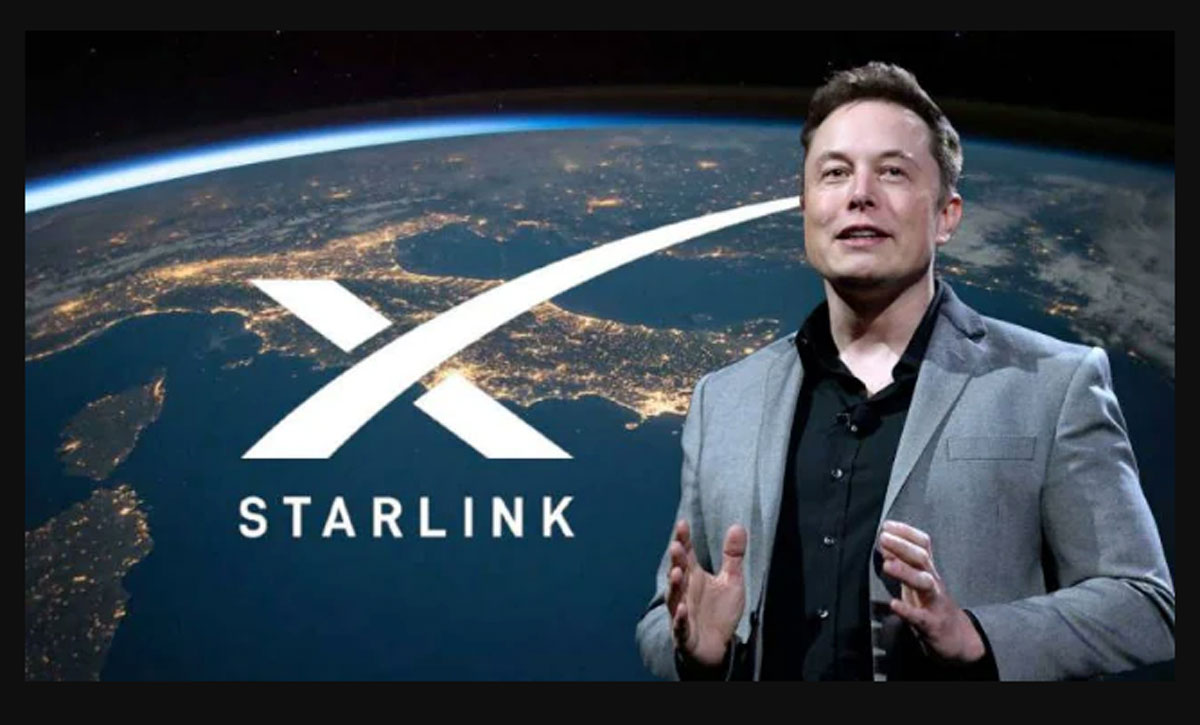OpenAI’s Public Debut: What to Expect from the IPO
The Road to OpenAI’s IPO
OpenAI, the artificial intelligence research lab behind ChatGPT, DALL·E, and GPT-4, has been a dominant force in AI innovation. Founded in 2015 by Elon Musk, Sam Altman, Greg Brockman, and others, OpenAI transitioned from a non-profit to a “capped-profit” model in 2019 to attract investment while maintaining ethical AI development.
With rapid advancements in generative AI, OpenAI’s valuation has skyrocketed—reportedly exceeding $80 billion in recent funding rounds. Speculation about an initial public offering (IPO) has intensified, but the company has yet to confirm definitive plans. If OpenAI goes public, here’s what investors, tech enthusiasts, and industry analysts should expect.
Why OpenAI’s IPO Would Be a Game-Changer
1. Unprecedented Market Interest
OpenAI’s IPO would likely be one of the most anticipated tech debuts in history, rivaling Facebook (2012) and Alibaba (2014). The company’s AI models are already integrated into Microsoft products, enterprise tools, and consumer applications, ensuring strong revenue potential.
2. A Test of AI Profitability
While OpenAI generates revenue through API access, ChatGPT Plus subscriptions, and enterprise deals, its profitability remains unclear. The IPO would force transparency, revealing whether AI can sustain long-term business models beyond hype.
3. Regulatory and Ethical Scrutiny
As a public company, OpenAI would face heightened scrutiny over AI ethics, data privacy, and regulatory compliance. Investors will demand clarity on how OpenAI balances innovation with responsible AI deployment.
Potential Valuation and Financial Performance
Current Valuation Trends
OpenAI’s valuation surged from $29 billion in early 2023 to over $80 billion by early 2024, driven by:
- Microsoft’s $10 billion investment (with additional funding expected).
- Enterprise adoption of ChatGPT and API services.
- Expansion into multimodal AI (text, image, video generation).
If OpenAI files for an IPO, analysts predict a valuation between $100 billion and $150 billion, contingent on market conditions and revenue growth.
Revenue Streams
OpenAI’s primary revenue sources include:
- ChatGPT Plus subscriptions ($20/month for premium access).
- Enterprise API usage (businesses pay per query for GPT-4, DALL·E, etc.).
- Partnerships (Microsoft, Salesforce, and other tech integrations).
- Future AI products (autonomous agents, AI-powered search, robotics).
However, high R&D costs and infrastructure expenses (e.g., GPU clusters for training models) could impact profitability in the short term.
Challenges OpenAI Faces Before Going Public
1. Dependence on Microsoft
Microsoft owns a 49% stake in OpenAI’s for-profit arm, raising concerns about over-reliance on a single partner. While the partnership fuels growth, investors may question OpenAI’s independence.
2. Competitive Threats
Rivals like Google (Gemini), Anthropic (Claude), and Meta (Llama) are advancing rapidly. OpenAI must prove it can maintain technological leadership amid fierce competition.
3. Regulatory Risks
Governments worldwide are drafting AI regulations, including the EU AI Act and U.S. executive orders. Compliance costs and legal risks could affect OpenAI’s valuation.
4. Ethical and Safety Concerns
AI-generated misinformation, deepfakes, and job displacement remain contentious issues. OpenAI’s IPO prospectus must address how it mitigates these risks.
What an OpenAI IPO Could Look Like
Timing and Market Conditions
Experts suggest OpenAI may delay its IPO until:
- Revenue stabilizes with diversified income streams.
- AI regulations become clearer.
- Market sentiment improves (post-2024 election cycle, Fed rate cuts).
A 2025 or 2026 debut seems plausible, though a surprise 2024 filing isn’t impossible.
IPO Structure
OpenAI could follow one of these paths:
- Traditional IPO (underwritten by banks like Goldman Sachs or Morgan Stanley).
- Direct Listing (like Spotify or Coinbase, avoiding underwriter fees).
- SPAC Merger (less likely, given OpenAI’s scale).
Investor Considerations
- Growth vs. Profitability: Will OpenAI prioritize scaling or earnings?
- Lock-Up Periods: Early investors (e.g., Microsoft, Thrive Capital) may face restrictions on selling shares.
- Volatility: AI stocks (e.g., Nvidia, C3.ai) have seen wild swings—OpenAI could follow suit.
How OpenAI’s IPO Could Reshape the AI Industry
1. Accelerating AI Adoption
A successful IPO would validate AI’s commercial viability, encouraging more startups and investments in the sector.
2. Mergers and Acquisitions
OpenAI might acquire smaller AI firms to expand capabilities, similar to Google’s DeepMind acquisitions.
3. Talent Wars
Going public could lead to employee stock sell-offs, prompting departures or aggressive hiring to retain top AI researchers.
4. Public Scrutiny of AI Development
Shareholders may push OpenAI to commercialize faster, potentially clashing with its mission of “safe and beneficial” AI.
Final Thoughts for Potential Investors
While OpenAI’s IPO promises immense upside, risks abound—regulatory hurdles, competition, and ethical dilemmas could dampen performance. Investors should monitor:
- Revenue diversification (beyond ChatGPT and Microsoft deals).
- Regulatory developments (how laws impact AI monetization).
- Technological breakthroughs (next-gen models like GPT-5).
If OpenAI files for an IPO, it will redefine the AI landscape—but only time will tell if it becomes the next tech giant or a cautionary tale.

